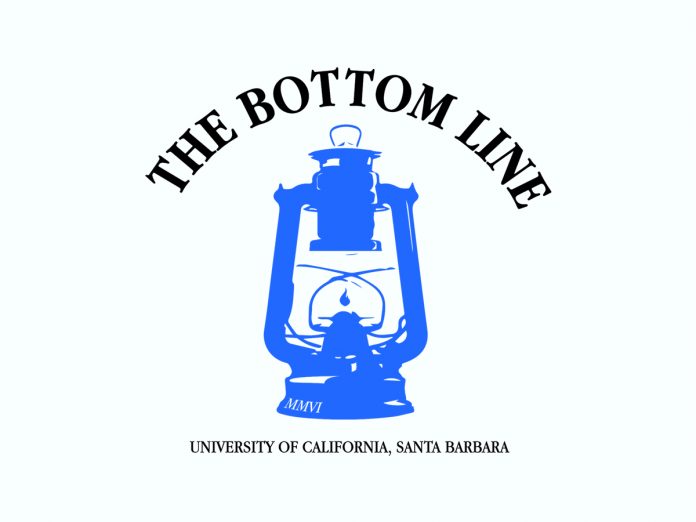Carmiya Baskin
Staff Writer
Members of the UC Santa Barbara community have joined together in the last year to create a blueprint for a national Feminist Futures Center, which would spearhead academic research on gender and sexual diversity.
“Feminist Futures: Gender Rights, Equality, and Justice” is an initiative that encourages research and discussion on global inequalities through events surrounding gender and sexuality. The founders, made up of UCSB faculty and graduate students, spent last year developing a proposal for the permanent UC-wide Center for Feminist Futures. They currently have a proposal prepared to present to the University of California Academic Senate and the administration.
The committee has been meeting with potential donors throughout the year to fund the center, while Charles Hale, the Dean of Social Sciences at UCSB, tends to matters of staff and space. The committee hopes to find a space for the center, secure a staff position, and fundraise to run the center.
Leila Rupp, Associate Dean of Social Sciences and the lead on the Feminist Futures initiative, told The Bottom Line that once the team obtains enough funds, they will announce the center’s opening to scholars throughout the country.
In the meantime, Feminist Futures has hosted events on campus modelling the kinds of programs the center would support. The first, held in December 2019, was called “Why Do White Women Vote for Trump?,” and involved a panel of political scientists specializing in race, gender, and electoral politics.
According to Rupp, the event “had standing room only on the last day of fall quarter” and was inspired in part by Blair Hull, alumnus and trustee of the UC Santa Barbara Foundation. Hull funded the Hull Chair in Feminist Studies in 1998, in order to recognize and support a UCSB faculty member working to advance the understanding of women, gender and social justice.
During winter quarter, the team focused on increasing awareness of sexual harassment, with a lecture from Anita Hill on February 19 as the highlight. Thirty students, including graduate, undergraduate, and local high school students, engaged in a conversation with Hill before her lecture about changing policies, laws, and social views on sexual harassment and the advancements Hill has worked for and witnessed since her 1991 testimony against Supreme Court nominee Clarence Thomas. .
In early February, graduate student researchers and a panel of UCSB administrators explained their research on sexual harassment and sexual violence at UCSB and other campuses to the public. The discussion has led to research and policy proposals focusing on graduate students’ experiences and perceptions of sexual assault and sexual violence.
In preparation for Hill’s lecture, two Feminist Studies graduate students led a discussion, “What Have We Learned from Anita Hill” at the UCSB Blum Center. In spring, the focus will be on trans politics with a few committee members currently planning events.
Laury Oaks, a member of the Feminist Futures Initiative Advisory Committee, told The Bottom Line that the team is seeking adequate funding to continue these quarterly events with a center for the UC community to come together to discuss critical issues of gender, social justice, and feminism.
To establish an inter-generational, inter-sectional, and interdisciplinary center, Rupp encourages students to take an active role by attending events and interacting with the speakers and organizers.
After Hill’s lecture, two Feminist Studies graduate students who have conducted research on sexual harassment on campus, were invited to Hill’s private post-lecture discussion. For Rupp, such interactions represent Feminist Futures’ inter-generational approach.
When asked why such a center is necessary at UCSB, Rupp said, “we have incredible strength on campus on issues of gender and sexuality… and we want this Center for Feminist Futures to build on that strength and move us forward in an innovative way.”
The future of Feminist Futures lies in bringing together wider communities to its work, both local and beyond.











